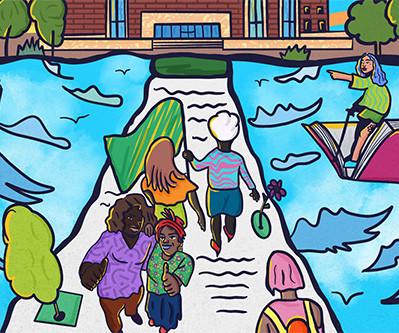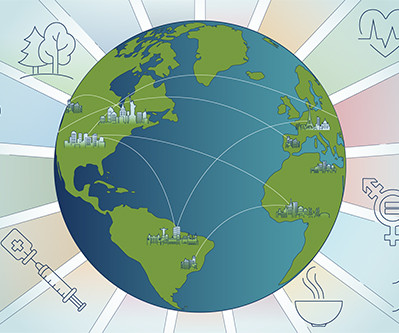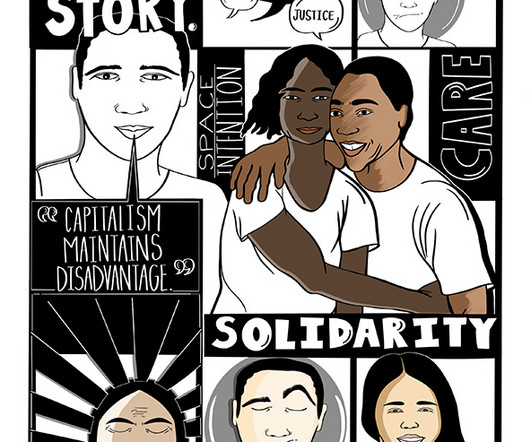Weekly update from PND
Candid
FEBRUARY 4, 2022
A weekly update with the latest social sector news. Study finds significant connection between poverty, poor health care. Released in collaboration with Columbia University’s Center on Poverty and Social Policy and the Leona M. Chicago Public Media raises $61 million to acquire Chicago Sun-Times. February 4, 2022.












Let's personalize your content